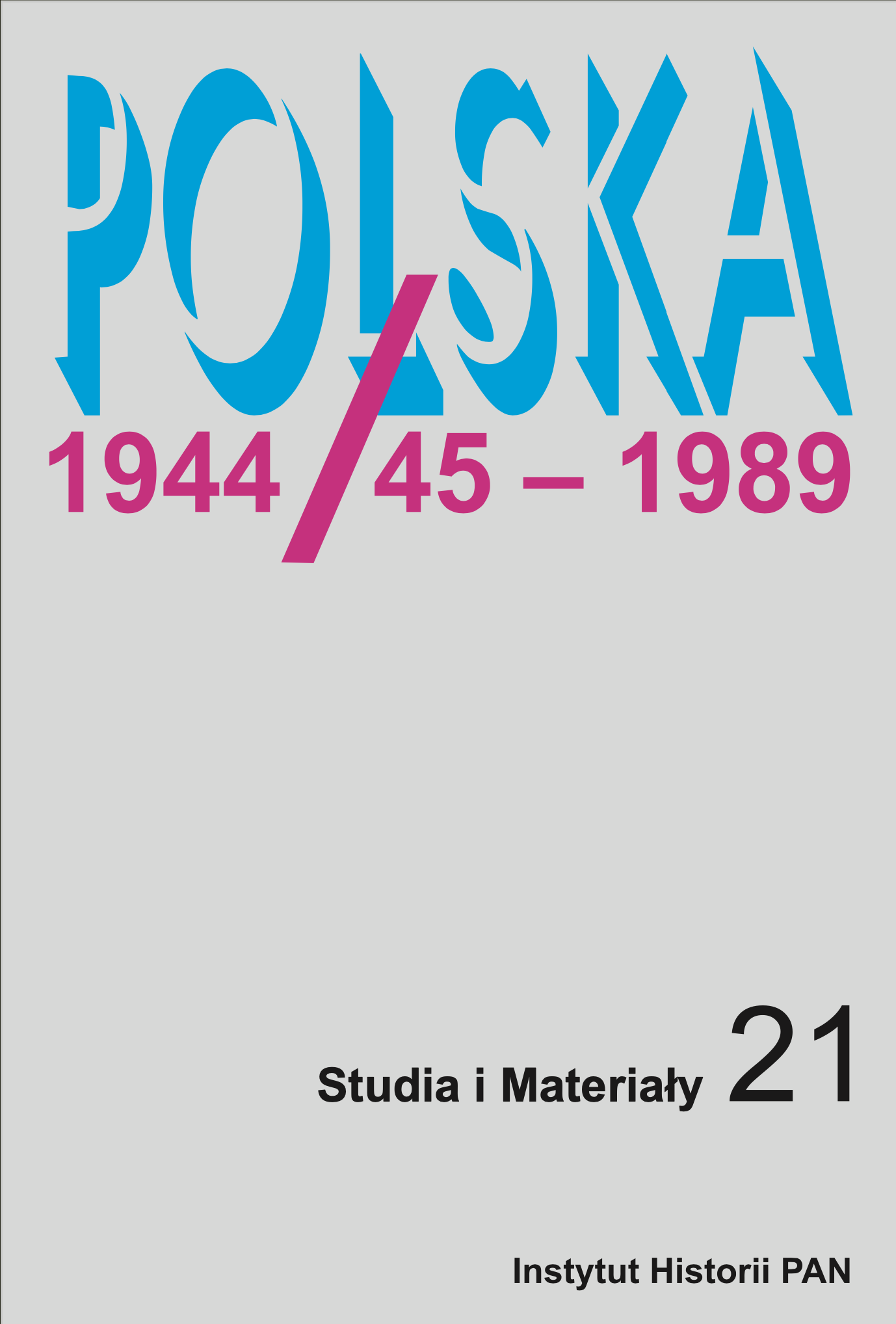Wspólna cela. Polacy, Niemcy i Ukraińcy w komunistycznych więzieniach
w latach 1945–1956
A Shared Cell: Poles, Germans, and Ukrainians in Communist Prisons 1945–1956
Author(s): Tadeusz WolszaSubject(s): Political history, Social history, WW II and following years (1940 - 1949), Post-War period (1950 - 1989)
Published by: Instytut Historii im. Tadeusza Manteuffla Polskiej Akademii Nauk
Keywords: cell; memoirs studies; Germans; Poles; reprisals; Ukrainians; prison;
Summary/Abstract: After the end of the Second World War, approximately one and a half million people were imprisoned in various types of places of confinement in Poland (e.g. prisons, camps, penal agricultural colonies, prison labour centres). Between 1945 and 1956, political prisoners accounted for 30–35 per cent of them. They included soldiers of the first and second Polish independence conspiracies and anti-communist opposition activists. Imprisoned were also German and Ukrainian criminals from the period of the Second World War, convicted of genocide crimes by the Polish justice sys- tem. The communist authorities in Poland deliberately placed them in the same cell. Heroes from the Home Army and criminals from the Gestapo, SS, and UPA were crowded next to each other on a few square metres. It was a deliberate act – another stage in the degradation of Polish heroes and their presentation to people in Poland as collaborators. Moreover, to lend credibility to this shame- ful activity, the communists often dressed the soldiers of the Home Army, the National Armed Forces, the Peasant Battalions and the Polish Armed Forces in the West in the uniforms of the Wehr- macht. This occurred while the arrested were escorted to prisons or during trials. The analysis of available sources made it possible to conclude that relations between Polish, German, and Ukrainian prisoners in Stalinist prisons were initially characterised by noticeable dislike or even, albeit rarely, hostility. Both Polish and foreign prisoners were often surprised that they shared a cell. Then, on the other hand, mutual tolerance and sympathy slowly developed. Other feelings and attitudes were an incidental phenomenon.
Journal: Polska 1944/45 - 1989
- Issue Year: 2023
- Issue No: 21
- Page Range: 27-51
- Page Count: 25
- Language: Polish

